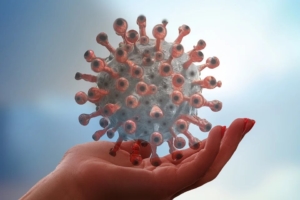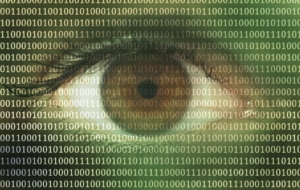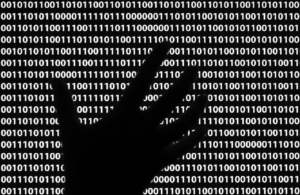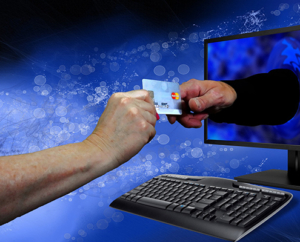This is Why We are Irrational In Times Like These
Though we, as humans, are supposed to be pretty smart, we do a lot of things that might not seem rational.
 For example, we do things like text and drive, we don’t get flu shots that can stop us from getting sick, and we hoard things like toilet paper…Dan Ariely, a professor from Duke University, has some reasons for this.
For example, we do things like text and drive, we don’t get flu shots that can stop us from getting sick, and we hoard things like toilet paper…Dan Ariely, a professor from Duke University, has some reasons for this.
Ariely has released a book called “Predictable Irrational,” and it takes a look at why we do these irrational things…especially in a time of crisis. One of the most mind-boggling things is why we have all become such toilet paper hoarders and why, when we see empty shelves, we start to panic.
According to Ariely, when we are in these situations, you are saying to yourself “This must be something I need to get very quickly and let me get a lot of it so I don’t run out.” But, in general, our responses to things like this are flawed.
On top of this, we don’t do a good job at thinking ahead. Ariely says, “We don’t pay much attention to things that will happen in the future, even if the future is two weeks from now.” He also says that we “don’t pay attention to things that are invisible like viruses.”
All of this is compounded even more as COVID-19 started to spread, and this led to a slow government response and the population’s collective apathy to the threat. Another thing that compounds it is that we, at our core, are also pretty selfish.
“We do what is selfishly good for us and not what’s good for other people,” Ariely says. This means that people who should be staying home because they are sick, go out anyway, and then they contaminate others. This is a normal impulse to defy the stay-at-home orders that many of us are under. And wearing a mask is NOT a sign of weakness, it’s a sign of caring for others than yourself.
Ariely says, “What’s interesting about public goods problems is, as long as everybody participates, everybody gets a lot of benefits, and when people start defecting or betraying the public good, lots of bad things happen. And in a situation like a pandemic, it’s enough that a small percentage of people don’t adhere to the rules and they can hurt everybody.”
Now, we also have the issue of some government officials and health experts being at odds with themselves. President Trump is pushing governors to open their states back up quickly, while public health experts are warning that doing this could quickly cause a huge uptick in cases.
What does Ariely say about this? He says, “The sad reality is that we’ve always had a tradeoff between money and saving lives. This is not something new.”
He also adds that the best thing we can do right now is make the best of our quarantine:
“It’s an opportunity to start new habits, new routines like exercise, eat better, spend time with your family,” he says. “It’s also an opportunity to start worse habits, like not exercising, overeating and developing addiction to social media and the news.”
ROBERT SICILIANO CSP, is a #1 Best Selling Amazon author, CEO of CreditParent.com, the architect of the CSI Protection certification; a Cyber Social and Identity and Personal Protection security awareness training program.

 As with any other phishing scam, vigilance is extremely important. We are certainly going to have to keep on our toes for months, or even years, as this fallout from the pandemic could be around for a long time.
As with any other phishing scam, vigilance is extremely important. We are certainly going to have to keep on our toes for months, or even years, as this fallout from the pandemic could be around for a long time. Relief Fund Scams
Relief Fund Scams  The US Federal Trade Commission has added up the costs of all of these scams. They are looking from those that started from the 1st of January to the current week. What are these numbers made of? Mostly vacation and travel scams, as these have added up to $4.7 million lost. Online shopping scams are also out there, but they have only added up to $1.4 million.
The US Federal Trade Commission has added up the costs of all of these scams. They are looking from those that started from the 1st of January to the current week. What are these numbers made of? Mostly vacation and travel scams, as these have added up to $4.7 million lost. Online shopping scams are also out there, but they have only added up to $1.4 million.























